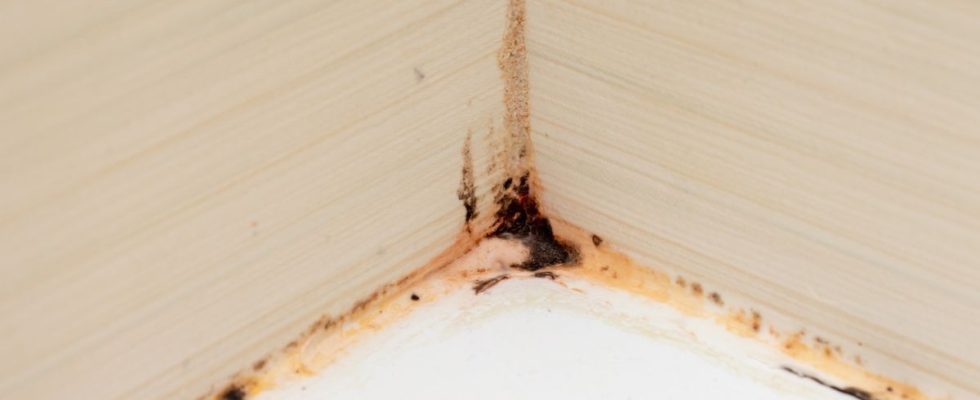Warren Kinloch, a bathroom expert at Bathroom Deal, said: “The main reason mould occurs in the summer is because of the combination of moisture, heat and poor ventilation.
“Bathrooms are often exposed to elevated humidity levels due to showers, baths, and general water usage. Inadequate ventilation allows moisture to linger, creating an ideal environment for mould spores to settle and proliferate.
“As a result, bathrooms become susceptible to mould infestations that can lead to health concerns and unsightly stains on walls, tiles and grout.”
The expert has shared three “key” things Britons can do to reduce the risk of experiencing increased bathroom mould and dampness.
1. Improve ventilation
Proper ventilation in the bathroom is crucial in combating mould growth, especially after a shower or bath.
The expert recommended having a fan to help draw moist air during and after showers, so it is important to install one if needed.
The pro noted: “Running the fan or keeping the windows open for some time after using the bathroom helps to reduce humidity levels significantly and will reduce the risk of increasing mould and dampness.”
2. Cleaning properly
Consistently cleaning and maintaining the bathroom is “vital” in preventing and fighting mould growth between tiles and on the walls.
Using an effective bathroom cleaner with mould-fighting properties can help, but you may already have some items in your cupboard to clean mould with.
Warren said: “To use white vinegar, spray it directly onto the mouldy area undiluted and leave for one to two hours before scrubbing away.
“This allows the vinegar to really soak, especially if you have porous surfaces like wood in your bathroom. For the ultimate black mould killer, combine baking soda, white vinegar and water together to create a solution that’s much tougher and likely to kill stronger mould.
“Regularly inspect areas like corners, edges and hidden spots, as mould often hides in hard-to-reach areas. Promptly address any leaks or plumbing issues to prevent excess moisture build up.”
3. Use mould-resistant products
Investing in mould-resistant bathroom materials can be a great measure to take in preventing mould growth in the first place.
This includes using mould-resistant paint on bathroom walls and ceilings because it contains antimicrobial agents that inhibit mould development.
The bathroom pro added: “Additionally, consider using mould-resistant caulk and silicone in your bathroom, especially around bathtubs, sinks and countertops.
“These products are designed to provide long-lasting protection against mould and mildew.”

